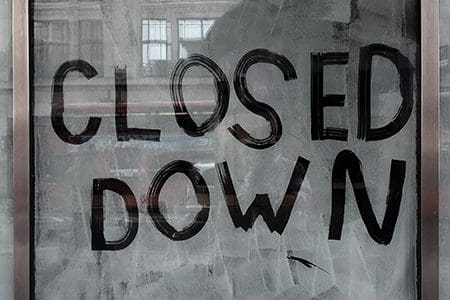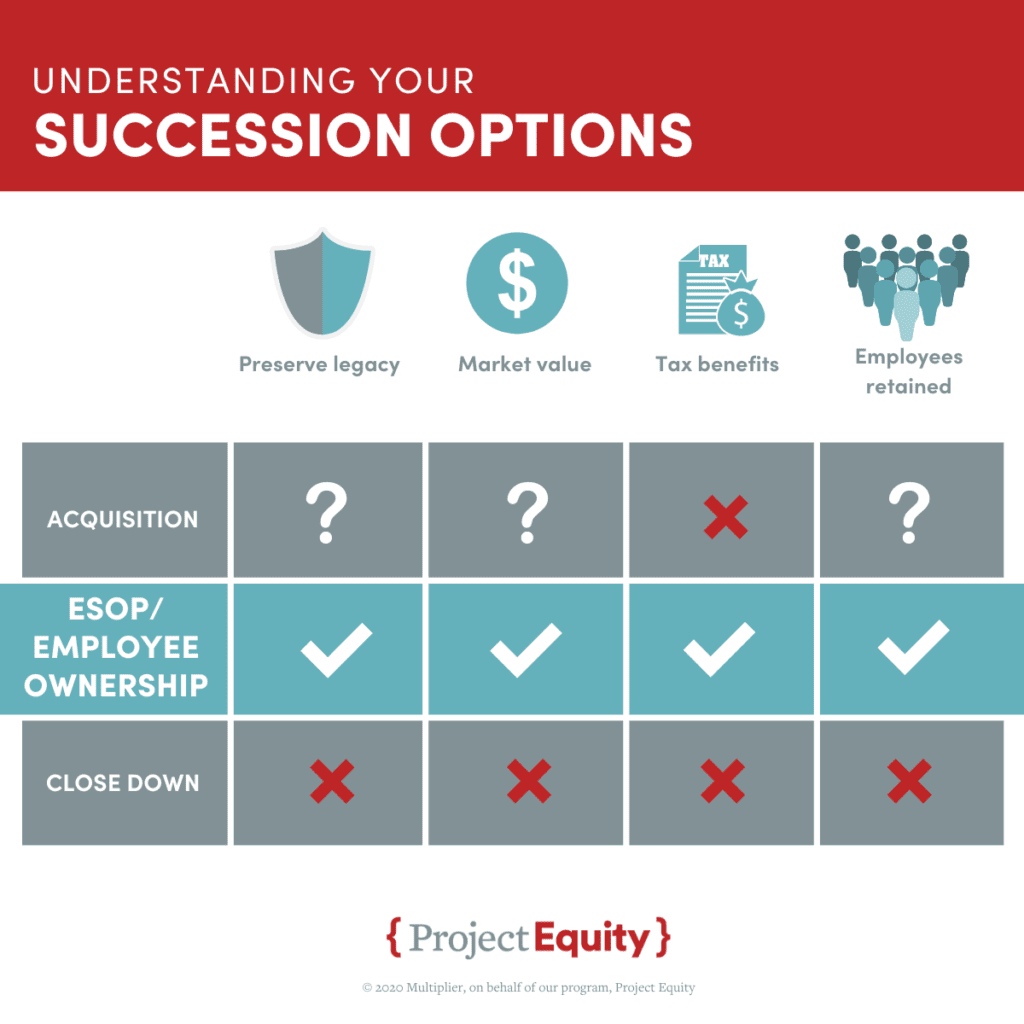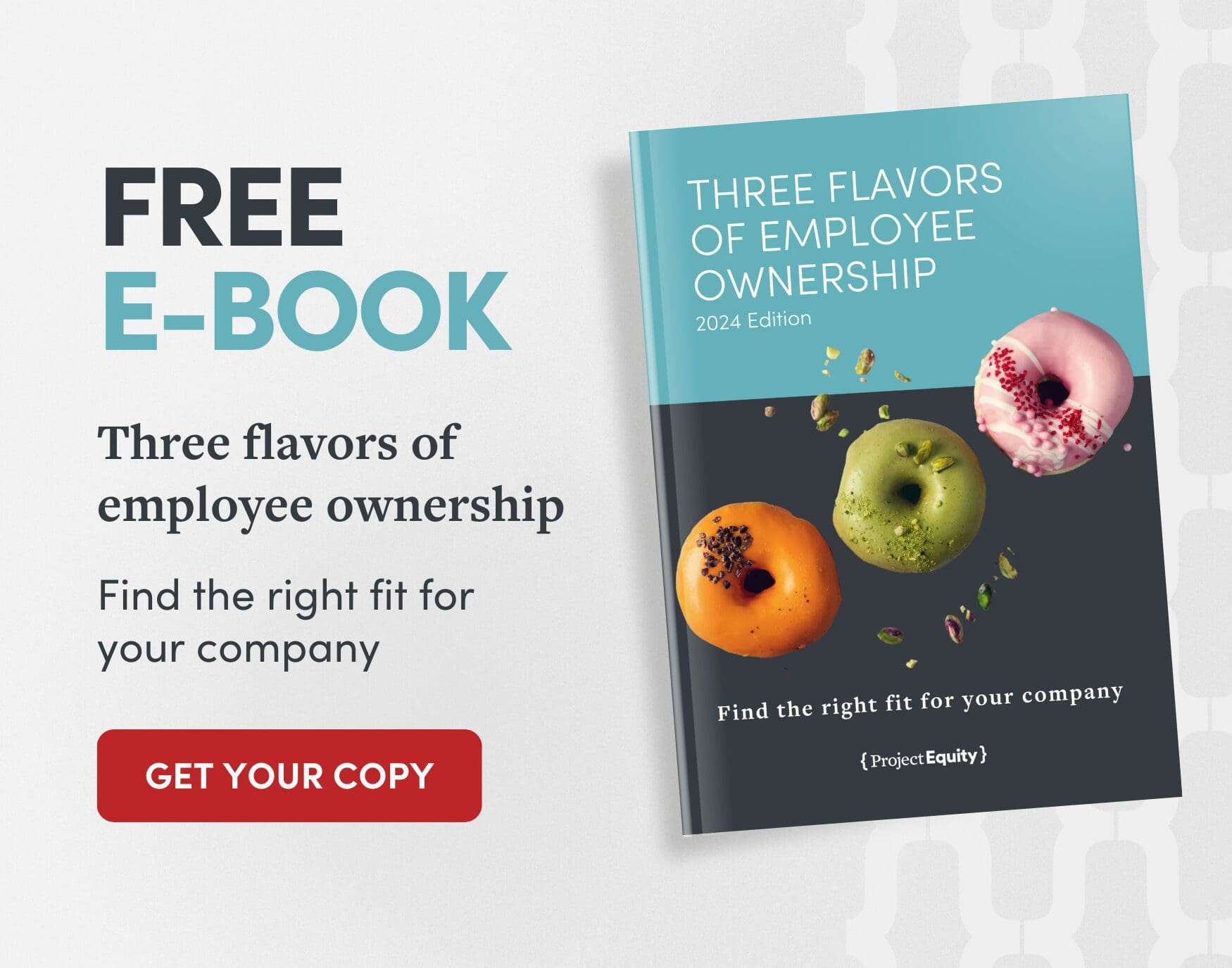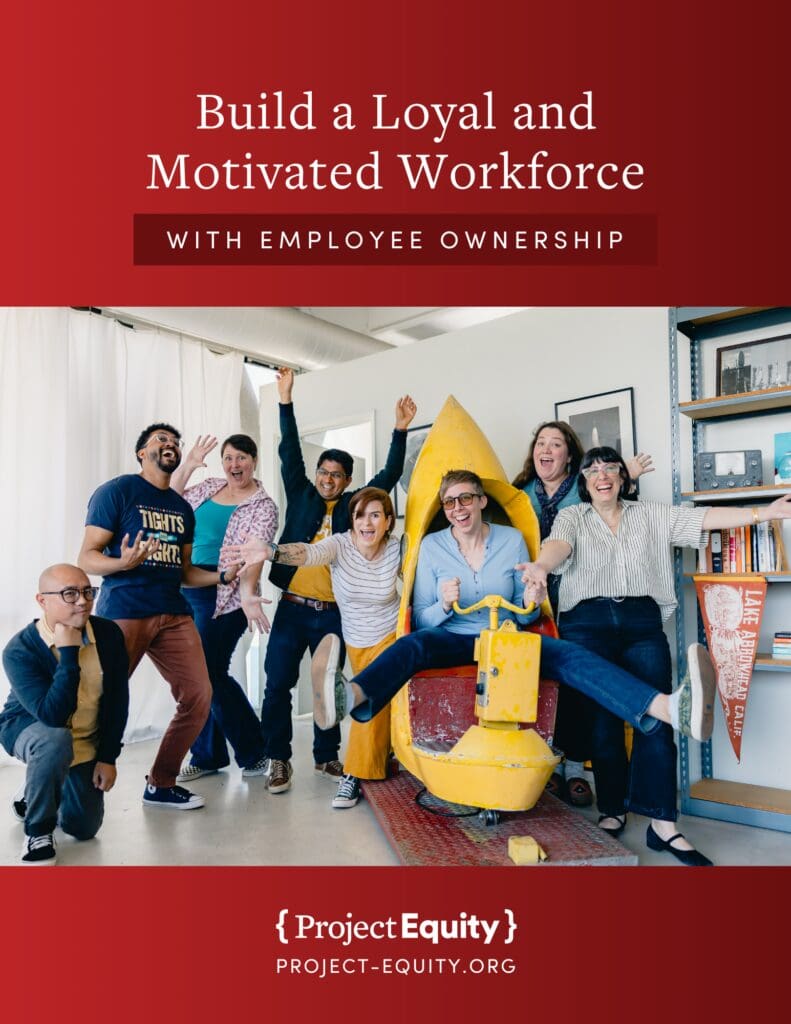Retirement readiness: Do you understand your succession options?
- Genevieve Adams

Don’t wait until you’re closing the door on your business for good before making a succession plan.
If you’re getting ready to retire, you should know all your succession options before committing to one. The most important step is having a plan regardless of which one you choose. Below we will explore three options with the benefits and limitations of each, as well as the fourth and final route of closing down when no other options are chosen.
Selling within the family is a logical first choice. This preserves the legacy that you have created with your business and offers a lot of flexibility for how to carry out the transition. Even if you have family members to sell to, they may not be interested in taking over your business. In fact, only 15% of businesses transfer to the second generation. You will want to talk to family members as soon as you know this is a path you want to pursue, then if they are interested, start the transition planning early to ensure they are set up to keep the business running effectively.
Selling to an outside buyer — sometimes called an acquisition — is often the second option business owners look to. The buyer could be a competitor, a partner, another local business person, or in some cases, private equity. This may be appealing financially if you already have a prospective buyer in the works. If you don’t have a prospective buyer in the works, finding one can sometimes prove difficult. Legacy is harder to maintain as new owners take over and employees can be “consolidated” or downsized. It’s important to plan carefully around tax implications of how an acquisition is structured.
 Employee ownership is a third and often overlooked option, in which you sell your business to the people who know your business best — your employees. This choice still affords you profit from the sale of your business, while potentially offering unique tax benefits you would not otherwise receive in an acquisition by an outside buyer. Employee ownership also preserves the legacy you worked so hard to build and keeps your hard-working staff still employed and your business located in your community.
Employee ownership is a third and often overlooked option, in which you sell your business to the people who know your business best — your employees. This choice still affords you profit from the sale of your business, while potentially offering unique tax benefits you would not otherwise receive in an acquisition by an outside buyer. Employee ownership also preserves the legacy you worked so hard to build and keeps your hard-working staff still employed and your business located in your community.
Closing down is the final route, which isn’t usually so much a choice, but rather a consequence of not developing a succession plan. This is the worst case scenario for any company since it hurts the business owner, its employees, and the community. When a local business closes down, everyone loses. One way to prevent this from happening is to start planning for your business succession five years ahead of your ideal exit timing. However, we can help you even if you are getting started two or three years before retirement.
It’s never too soon to consider employee ownership. If you would like to learn more about the succession option that offers the most benefits to the seller, the employees and your community, contact us for a free consultation. We would be happy to help you determine if your business is a good fit.
Article details
Audience
Topic
Not applicable



